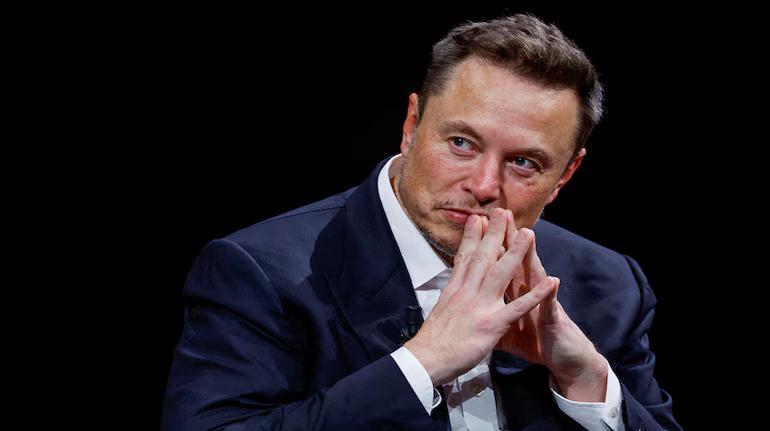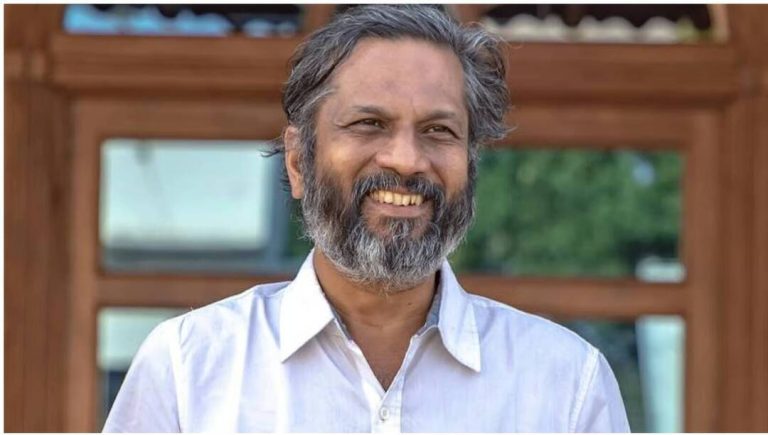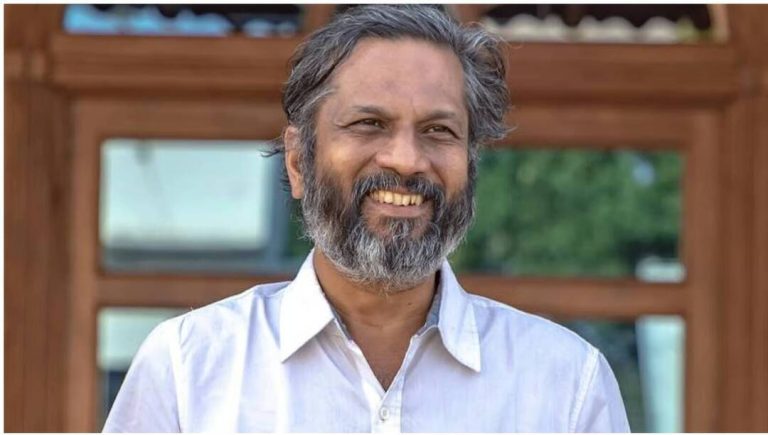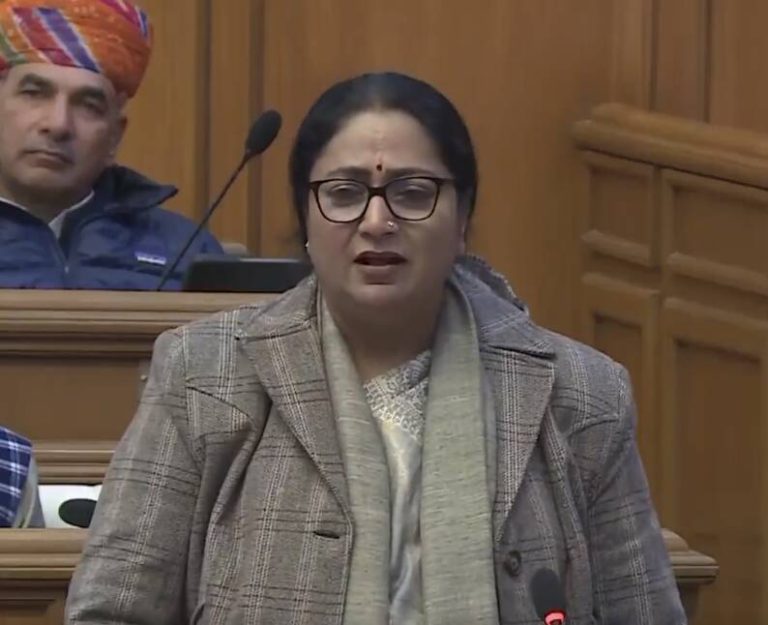
Poverty an engineering issue, AI & humanoid robots will end it: Musk
At the recent US-Saudi Investment Forum, billionaire and xAI CEO Elon Musk sparked a thought-provoking discussion when he opined that poverty is an engineering issue. According to Musk, the solution to this age-old problem lies in the advancement of artificial intelligence (AI) and humanoid robots. He believes that these technologies will not only eliminate poverty but also make everyone wealthy. In this blog post, we will delve into Musk’s vision and explore the potential of AI and robotics in revolutionizing the way we approach poverty.
Musk’s statement may seem like a bold claim, but it is rooted in his understanding of the potential of technology to transform society. He argues that as AI and robotics advance, they will become capable of performing tasks that are currently done by humans, freeing us from mundane and labor-intensive work. This, in turn, will lead to an increase in productivity and a subsequent rise in the standard of living. With the help of AI and humanoid robots, Musk envisions a future where everyone has access to the resources they need to live a comfortable and dignified life.
One of the primary ways in which AI and robotics can help alleviate poverty is by increasing efficiency and productivity in various industries. For instance, AI-powered robots can be used in agriculture to optimize crop yields, reduce waste, and improve the overall quality of produce. Similarly, in manufacturing, AI and robotics can be used to streamline production processes, reduce labor costs, and improve product quality. By increasing efficiency and productivity, AI and robotics can help create more jobs and stimulate economic growth, which can help lift people out of poverty.
Another way in which AI and robotics can help address poverty is by providing access to essential services such as healthcare and education. AI-powered chatbots and virtual assistants can be used to provide medical consultations and diagnosis, especially in areas where access to healthcare is limited. Similarly, AI-powered educational platforms can be used to provide access to quality education, regardless of geographical location or socio-economic background. By providing access to these essential services, AI and robotics can help level the playing field and provide opportunities for people to improve their socio-economic status.
Musk also believes that as AI and robotics advance, money will eventually stop being relevant in the future. He envisions a future where technology has advanced to the point where all basic needs are met, and people are free to pursue their passions and interests without worrying about financial constraints. This may seem like a utopian vision, but it is an interesting perspective on how technology can shape the future of humanity.
While Musk’s vision is certainly intriguing, it is not without its challenges. One of the primary concerns is the potential for job displacement as AI and robotics become more prevalent. As machines become capable of performing tasks that are currently done by humans, there is a risk that many people will lose their jobs. This could exacerbate poverty and inequality, rather than alleviate it. Therefore, it is essential to ensure that the benefits of AI and robotics are shared by all, and that measures are put in place to support those who may be displaced by automation.
Another challenge is the need for significant investment in AI and robotics research and development. Developing and deploying AI and robotics technologies requires significant resources and expertise. Therefore, it is essential to encourage investment in these areas and to provide support for researchers and developers who are working on AI and robotics projects.
In conclusion, Elon Musk’s statement that poverty is an engineering issue and that AI and humanoid robots will eliminate it is a thought-provoking perspective on the potential of technology to transform society. While there are certainly challenges to be addressed, the potential of AI and robotics to increase efficiency and productivity, provide access to essential services, and create new opportunities for economic growth and development is undeniable. As we move forward, it is essential to ensure that the benefits of AI and robotics are shared by all, and that measures are put in place to support those who may be displaced by automation.






